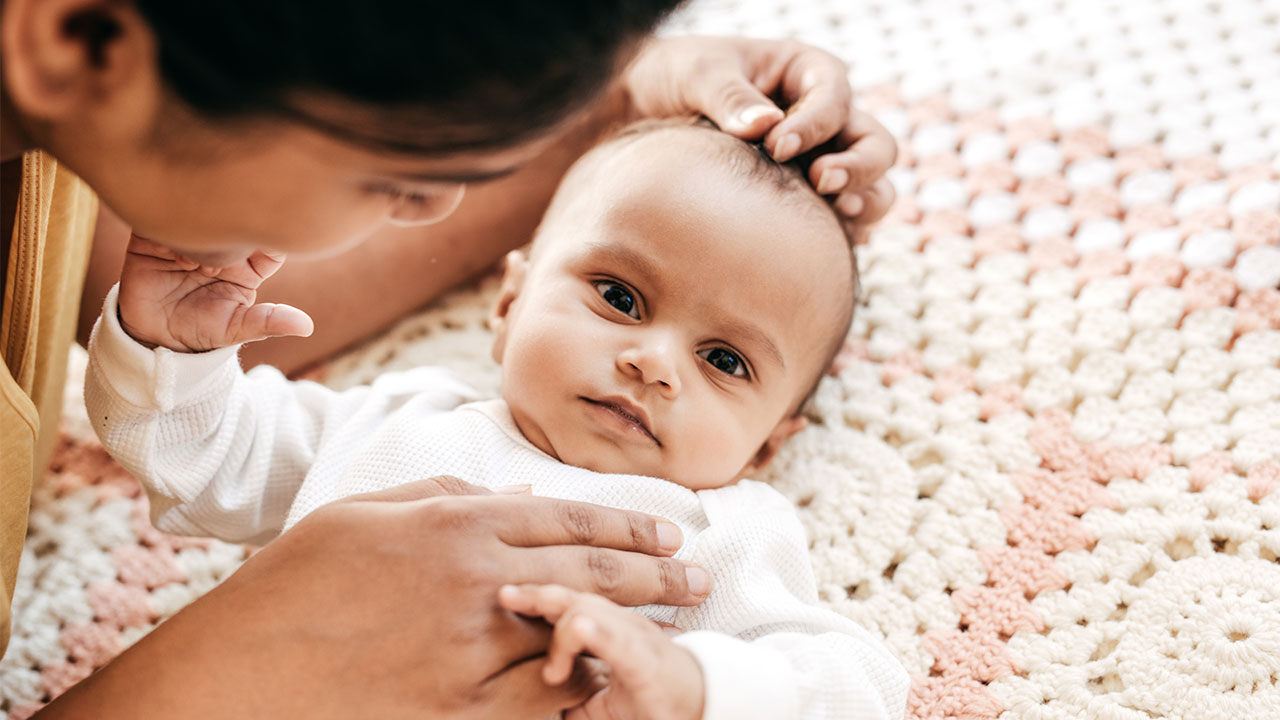 Source: bing.com
Source: bing.comTable of Contents
Introduction
Playing with your baby is not just a fun activity; it’s also an opportunity to help your little one develop important skills that will benefit them for years to come. From sensory exploration to problem-solving, playtime is key to your baby’s development. So, what are some of the best play ideas for your baby’s development? In this article, we’ll explore some of the most effective and enjoyable ways to help your baby learn and grow through play.
Sensory Play
Sensory play is all about exploring different textures, sounds, and sensations. This can include playing with different materials like rice, sand, or water, or exploring different textures like soft blankets or bumpy toys. Sensory play helps babies develop their sense of touch and can also help them learn cause and effect (for example, if they push down on a soft toy, it makes a crinkling sound). You can set up a simple sensory play area with a blanket or towel and a few different materials, and let your baby explore at their own pace.
Tummy Time
Tummy time is an essential part of your baby’s development, as it helps them build strength in their neck, shoulders, and core muscles. But tummy time can also be a fun opportunity for play! You can lay down on the floor with your baby and place toys or mirrors in front of them to encourage them to lift their head and look around. Or, you can try placing your baby on a soft surface (like a yoga ball or a cushion) and gently bouncing them up and down while singing or talking to them.
Music and Movement
Music is a powerful tool for learning and development, and it can be a fun way to engage with your baby as well. You can play different types of music for your baby and encourage them to move along with the beat (even if they’re just wiggling their arms and legs). You can also try singing simple songs with your baby, or playing games like peek-a-boo or “so big” (where you lift your baby up in the air and say “so big!”). These types of activities can help your baby develop their gross motor skills and coordination.
Reading and Language Development
Reading to your baby is one of the best things you can do to help them develop their language skills. Even if they’re too young to understand the words, they’ll benefit from hearing the rhythm and intonation of your voice. You can also try pointing out different objects in the pictures, or asking your baby questions about what they see. As your baby gets older, you can start reading simple board books together and encouraging them to point out objects or repeat simple words.
Problem-Solving Play
Problem-solving play is all about helping your baby learn to think and reason. This can include playing with puzzles or blocks, or setting up simple games (like hiding a toy under a blanket and encouraging your baby to find it). These types of activities can help your baby develop their cognitive skills, as well as their hand-eye coordination and fine motor skills.
Conclusion
Playing with your baby is a wonderful way to bond with them and help them learn and grow. By incorporating different types of play into your routine, you can help your baby develop important skills that will benefit them for years to come. Whether you’re exploring different textures, singing and dancing to music, or reading together, there are endless opportunities for play and learning with your little one.
Frequently Asked Questions
Q: How do I know if my baby is getting enough playtime?
A: Every baby is different, but as a general rule, babies need several hours of playtime each day. This can include both structured play (like playing with toys or doing a puzzle) and unstructured play (like exploring different textures or listening to music). If you’re not sure if your baby is getting enough playtime, talk to your pediatrician for guidance.
Q: What if my baby doesn’t seem interested in playtime?
A: Some babies may take a little longer to warm up to playtime, especially if they’re feeling tired or cranky. It’s important to be patient and keep trying different types of play until you find something that engages your baby. You can also try playing with your baby at different times of day or in different environments to see what they respond to best.
Q: Can I incorporate playtime into my baby’s daily routine?
A: Absolutely! Playtime can be a fun and engaging part of your baby’s daily routine. You can try incorporating different types of play into your routine at different times of day (like sensory play in the morning and reading before naptime). By making playtime a regular part of your routine, you can help your baby develop important skills while also having fun together.
Q: Do I need to buy expensive toys to help my baby develop?
A: Not at all! Many of the best play ideas for baby development can be done with simple, everyday objects like blankets, cushions, and balls. You can also try making your own toys (like a sensory bottle filled with water and glitter). The most important thing is to engage with your baby and help them explore and learn in a fun and supportive environment.
Q: Can playtime help with my baby’s sleep?
A: Yes! Playtime can actually be a great way to help your baby wind down before naptime or bedtime. You can try playing soft music, reading a calming book, or doing some gentle stretches to help your baby relax and prepare for sleep.
